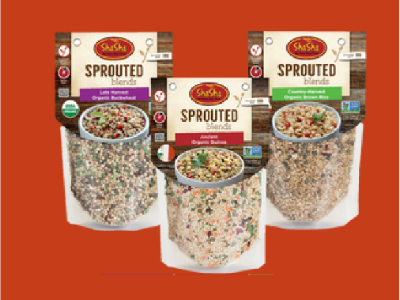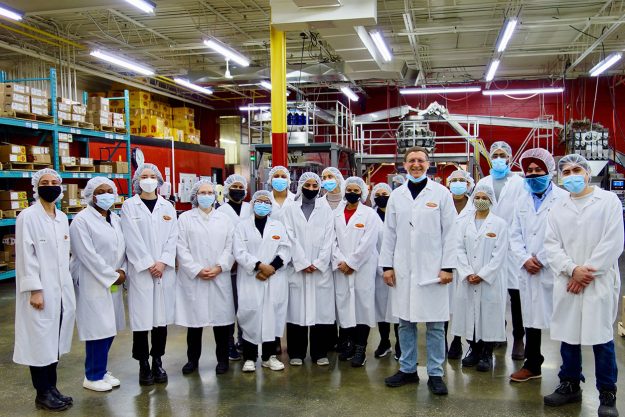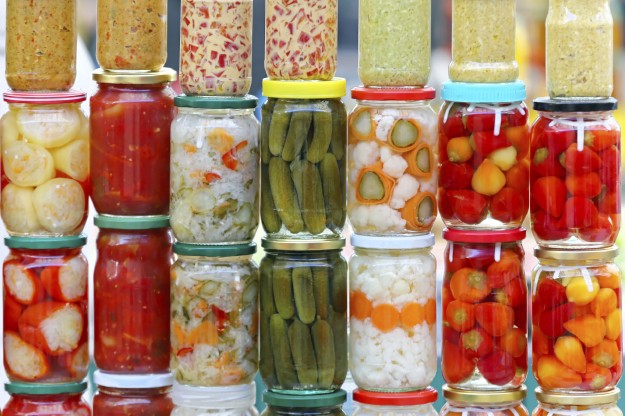A century ago, the average age of puberty for girls was around 15, but that number has dropped drastically to 12 with an increasing number of young girls experiencing precocious or early-onset puberty as young as eight years old.
One study in “Pediatrics” found that by age 7, 10% of white girls, 23% of black girls, 15% of Hispanic girls and 2% of Asian girls had started developing breasts. From the study: “The proportion of girls who had breast development at ages 7 and 8 years, particularly among white girls, is greater than that reported from studies of girls who were born 10 to 30 years earlier.”
When girls reach puberty at an early age, they are at greater risk of anxiety, eating disorders, depression and, in later life, cancer, thyroid abnormalities and brain tumors. Boys who experience early puberty may experience an initial growth spurt, but as puberty competes for resources with growing bodies, they tend to stop growing and this may result in shorter stature as adults. These boys are also at a greater risk of testicular cancer in adulthood.
Scientists have found several contributing factors to early puberty in children including hormone-disrupting chemicals, sugary drinks and obesity.
Sugary Drinks
A Harvard study of 5,600 girls aged 9 to 14 found that girls who consumed 1.5 servings of sugary drinks like soda a day had their first menstruation 2.7 months earlier than those who drank two or less sugary drinks a week.
Head researcher, Jenny Carwile: “Starting periods early is a risk factor for depression during adolescence and breast cancer during adulthood. Thus, our findings have implications beyond just starting menstruation early.”
What this means is that parents should limit the intake of sugary drinks, including sodas, to about one a week. Soda has also been linked to an increased risk of obesity and diabetes and a wide range of behavioral disorders.
Endocrine-disrupting Chemicals
In everything from plastic baby toys to tinned food, lurks BPA, phthalates and other endocrine disruptors. These chemicals block or mimic the body’s natural hormones and can result in the early onset of puberty.
A study by the Korean Institute of Science and Technology found that “these six substances (MBP, t-OP, n-NP, daidzein, equol, and genistein) have an effect on precocious puberty.”
Avoid foods treated with pesticides, canned foods and take out containers which contribute to our levels of endocrine disruptors. Get a more comprehensive list of items and foods which contain endocrine disruptors here.
Obesity
A recent study by Dr. Frank Biro, of Cincinnati Children’s Hospital Medical Center followed 1,200 girls from three U.S. cities between 2004 and 2011. The study found that obesity played a pivotal role in early puberty. “The girls who are obese are clearly maturing earlier,” said Biro. “BMI is, we found, the biggest single factor for the onset of puberty.”
Environmental factors play a huge role in early onset puberty which means that we can take steps to reduce these effects. The first step is to reduce the amount of sugary drinks and soda your children consume. Improve your family’s diet and focus on organic foods, fruits and vegetables which will contain fewer endocrine-disrupting chemicals. Avoid plastics which contain BPA, tinned foods, cosmetics and personal products which contain phthalates during pregnancy.



























